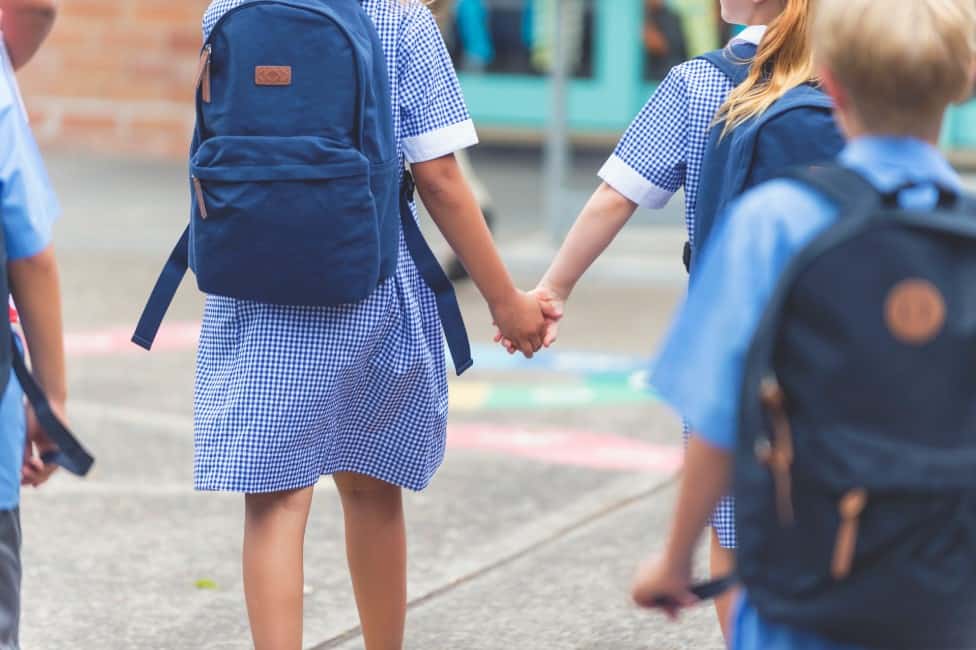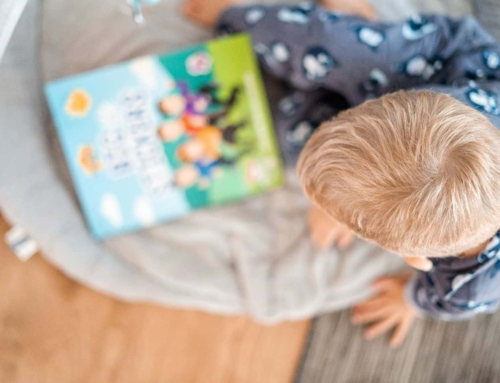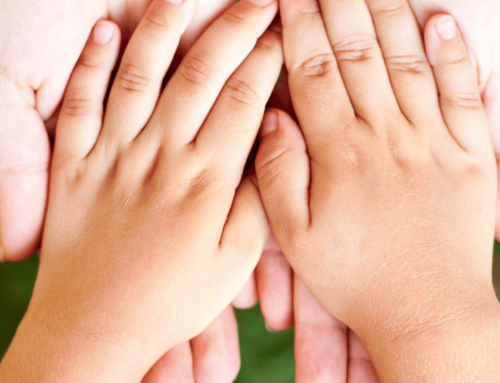Family lives are returning to a level of normality as schools and workplaces are being reopened, following the gradual easing of lockdown restrictions. It has been an unusual year for everyone, especially for children who have missed out their regular classroom learning. It can be a challenge for them to socialise directly with friends, despite regular interactions through Zoom or other online conferencing platforms. The situation can be even more challenging for younger children with less developed social skills. There are some ways that parents can support their children in today’s post-lockdown world.
With that in mind, we are going to take a look at some ways parents can support their children’s early social development:
Encourage Verbal Interactions With Peers- children should be encouraged to play outside with other children in the neighbourhood. This gives them a good transition from a socially-distanced environment. They should know how to express themselves in front of others and to get involved in exciting games.
Join After-School Clubs- while returning to school, children should also participate in after-school activities. Parents should allow an easier transition to enable children to gradually engage with others.
Introduce To Multiple Real-Life Experiences- during social gatherings with relatives and co-workers, parents should consider taking their children along. They can see and experience how adults interact in a post-COVID environment.
Limit Screen Time- many children are experiencing “Zoom fatigue” after prolonged use of online conferencing platforms. It’s time to replace remote interactions with direct ones in the classroom.
Post-Lockdown Transitioning
Parents must be aware that the post-lockdown situation can be difficult for children who are still at an early social development. It is important to prevent the post-lockdown transition from impacting their social skills for the following reasons:
Better Ability To Establish New Relationships- children will meet new people and they must know how to make new friends and establish good relationships. It is easier to do if children have likable traits that make others feel comfortable.
Good Communication Skills- communication skills are easier to develop if children have better abilities to relate with others. Empathy is an essential foundation of good communication skills. Children will know how to behave and they will choose their words appropriately.
Improve Classroom Performance- children need to work with classmates to complete assignments. They can assist one another during the challenging transition period. A balanced level of assertiveness allows children to remain active in classroom learning.
Reduced Stress- a good transition with purposeful actions such as practicing mindfulness and gratitude can reduce stress and improve mood management in children. They will know how to impose self-control and manage their emotions better. It’s also less likely for them to have emotional outbursts or impulsive actions.
Contact Happy Journeys Nursery
To learn more, contact Happy Journeys Nursery today and speak with a childcare professional about the exclusive Happy Journeys Nursery childcare nursery experience.
If you enjoyed this article, please feel free to share it on your favourite social media sites.






